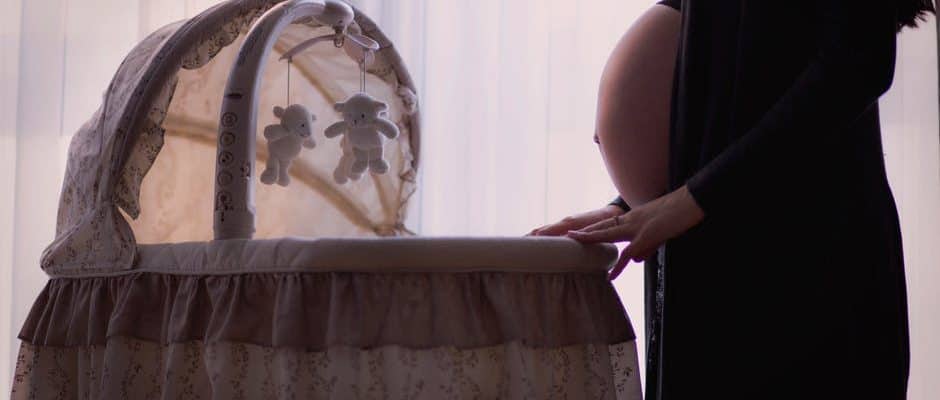
Many women get pregnant for the second time only a few months after giving birth to their first child. If this happens, it may not be safe for both mother and baby.
Some women believe that breastfeeding is one of the effective natural contraception. However, there are still cases of pregnancies again within 6 months after birth. What are the risks to the fetus in this situation? How long can I get pregnant next time? aFamilyToday Health will help you answer these questions shortly.
Breastfeeding can prevent pregnancy or not?
Even though you can prevent pregnancy while breastfeeding, pregnancy can still happen. Women who breastfeed often return periods later than non-breastfeeding women. Breastfeeding continuously every 2-3 hours, day and night can delay ovulation, helping you prevent pregnancy. However, if you don't follow this, you are still likely to become pregnant.
How long will it take to get pregnant again?
Whether a woman has just given birth by normal birth method or by cesarean section, a woman's body is also able to conceive very quickly. Besides, depending on the extent of exclusive breastfeeding, you may be able to get pregnant again before your first menstrual cycle, about 4 weeks after birth or longer.
Health risk when 2 pregnancies are close together
There are many studies showing that the time between two pregnancies close together can be dangerous for the second pregnancy. The reason is that the pregnant woman's body has not fully recovered after giving birth. Even if you feel your health is stable, the body actually needs a lot of time to regulate hormones and balance nutrition.
If you get pregnant within 6 months of giving birth, your risk of complications is increased, including:
Preterm birth
Premature rupture of the amniotic fluid
Babies born at a low weight
Increased chance of birth defects.
In about 6-18 months after giving birth, pregnancy will go smoothly. However, it's best to get pregnant again 18 months after giving birth. This will give your body enough time to recover and reduce the risk of postpartum birth from a previous birth. In addition, the continuous pregnancy also affects the mother's psychology as well as future plans.
If you are in doubt that you have an extra baby, try a home checkup and see a doctor to confirm. If you are really pregnant, you need to have a suitable nursing plan to closely monitor the pregnancy and minimize the risk.












